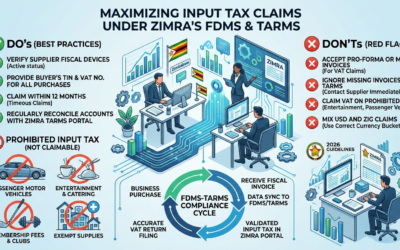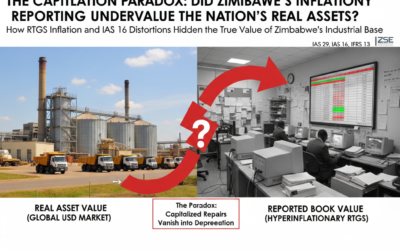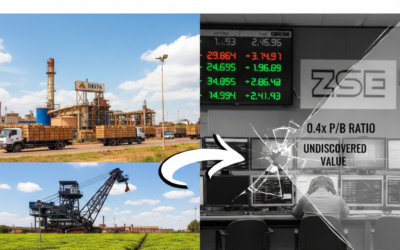Territorial Scope of a Value Added Tax.
Since VAT is an indirect tax focusing on a transaction or activity rather than on an economic operator. The primary determination of the territorial scope of the charge to VAT is by reference to the location of the transaction.There are two conflicting principles on which the territorial scope of a VAT can be based. The Origin Principle and the Destination Principle.
Origin and Destination Principle
Most goods and services are consumed in the same jurisdiction in which they are produced. In these circumstances, VAT can be imposed on the basis of the place of supply (the location of the supplier) or the place of consumption (the location of the recipient) and the incidence of the tax will be the same. For reasons of administrative and compliance costs, it is easier to tax at the place the supply is made.
Adjustments must be made, however, when goods and services are traded across borders, because the place of supply and place of consumption are not the same. To make these adjustments, VAT can either be based on the “destination principle” or the “origin principle”. Under the destination principle supplies of goods and services are taxed in the jurisdiction in which the goods and services are consumed. This means that exports are zero-rated, while imports are taxed
Origin Principle
Under the origin principle, goods and services are taxed according to the place from which they originate. This means that exports would be subject to VAT(by removing zero-rating) but imports would be zero-rated and thus free of VAT.
The destination principle
Under the destination principle supplies of goods and services are taxed in the jurisdiction in which the goods and services are consumed. This means that exports are zero-rated, while imports are taxed
Comparing the origin and destination principles
Under destination method of applying VAT exports are zero-rated (and thus face no VAT impost), while imports are subject to VAT as they cross the border. As a result, consumption in a state is taxed but consumption of the state’ goods and services outside it is not subject to VAT.
Economic theory holds that the same effect as taxing imports and zero-rating exports can be achieved by moving from the destination principle to the origin principle.
A VAT based on the origin principle seems to have advantages when looked at in the context of the issues dealt with in this document. It means, for example, that there is no need to tax imported services (or any other imports), removing the need to tax supplies (such as digitised products) that are not easily taxed as they cross the border.
Registration for VAT.
Compulsory VAT Registration.
A ‘person’ carrying on trade/enterprise is liable to register in the following circumstances:
- The trade’s turnover in relation to taxable supplies exceeds US$40,000.00 in any 12 months’ period determined at the end of any month.
- There are reasonable grounds for believing that the person’s turnover of taxable supplies will, in the succeeding 12 months, exceed the registration threshold.
Threshold is deemed not to be exceeded when:-
- The cessation or any substantial scaling down of the enterprise carried by him;
- The replacement of any plant or other capital asset; or
- Abnormal circumstances of a temporary nature.
Only value of taxable supplies to be taken into account for turnover purposes. A person to register within 30 days of from date of liability to register. Requirement to register for Valued Added Tax.
Voluntary Registration
Every person who satisfies the Commissioner that;
(a) that person is carrying on any trade; or
(b) that person intends to carry on any trade from a specified date;
May apply for Voluntary VAT registration, given that the following conditions are in place.
- (a) has no fixed place of abode or business; or
- (b) does not keep proper accounting records relating to any trade carried on by him; or
- (c) has not opened a banking account with any bank, building society or other similar institution for the purposes of any trade carried on by him; or
- (d) has previously been registered as a registered operator in respect of any trade, whether in terms of the VAT Act or in terms of the repealed Act.
Ceasing to be a VAT Registered Operator.
One ceases to be a registered operator when they meet the following conditions.
- The annual value of his taxable supplies will no longer exceed US$40,000.00
- He ceases to carry on all his enterprises unless there are reasonable grounds for believing that he will carry on any enterprise at any time within 12 months from date of cessation.
- Where registered operator no longer complies with requirements for VAT registration , i.e no carrying on trade or intending to.
- No longer complying with conditions of voluntary registration requirements.



